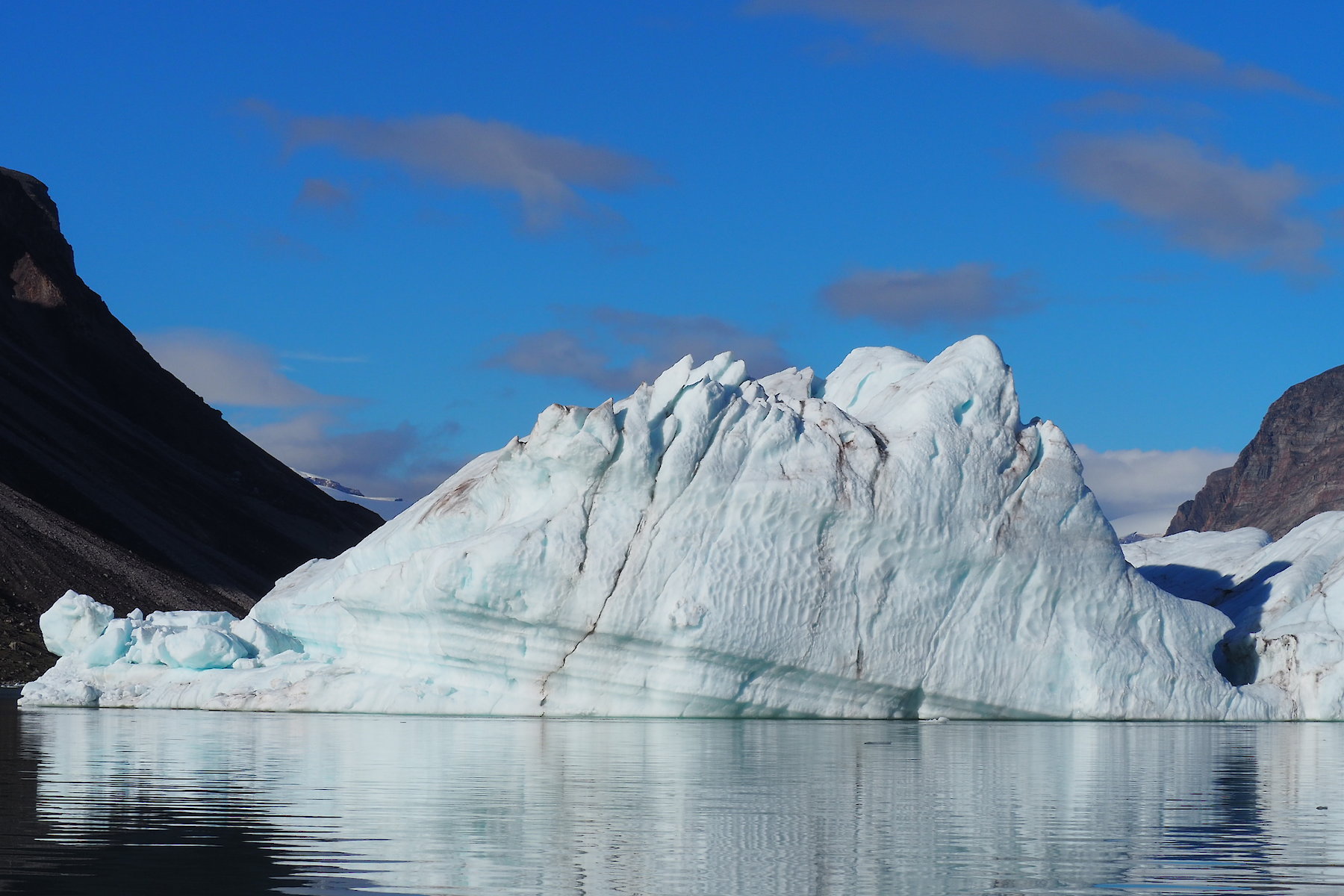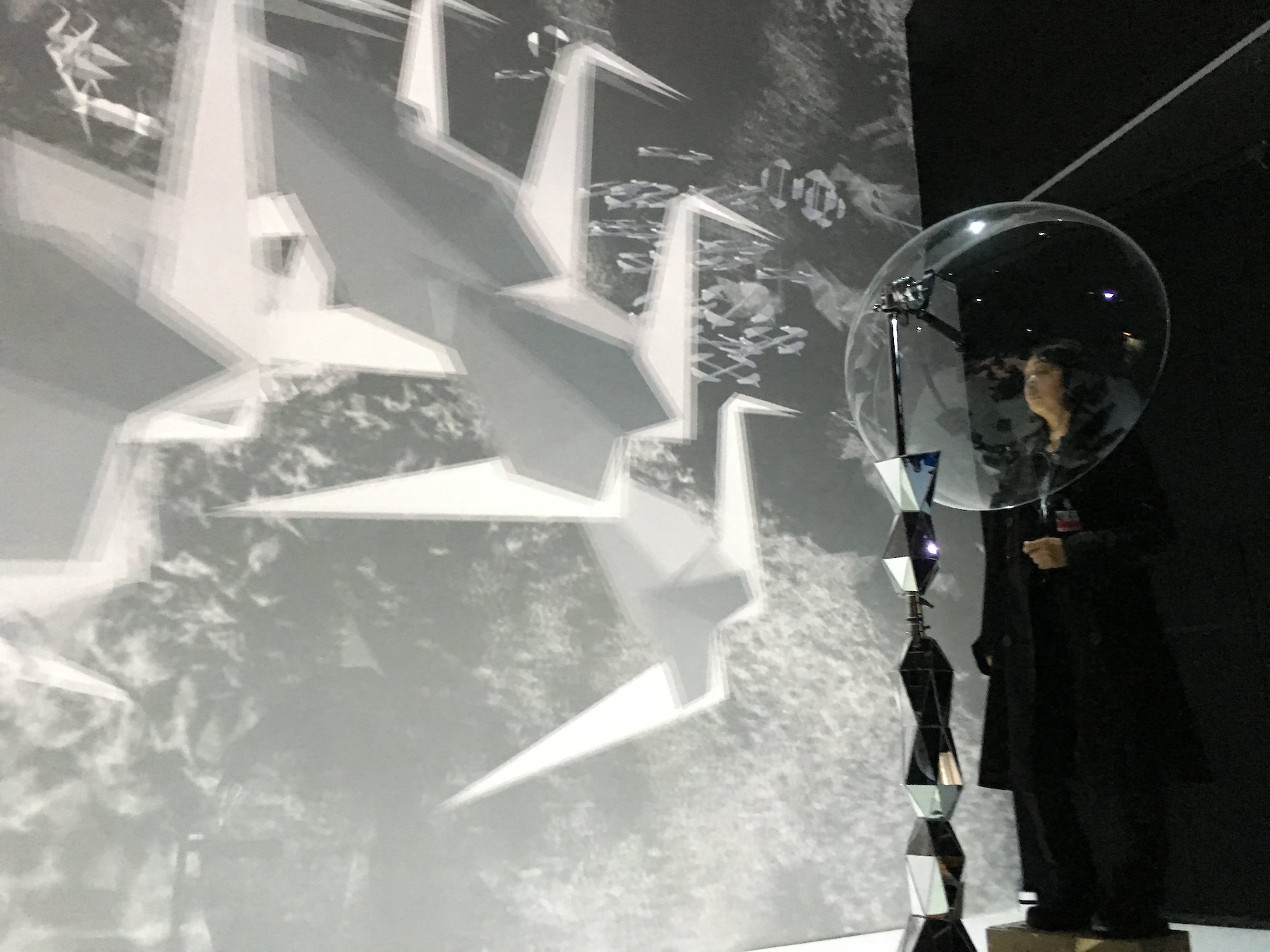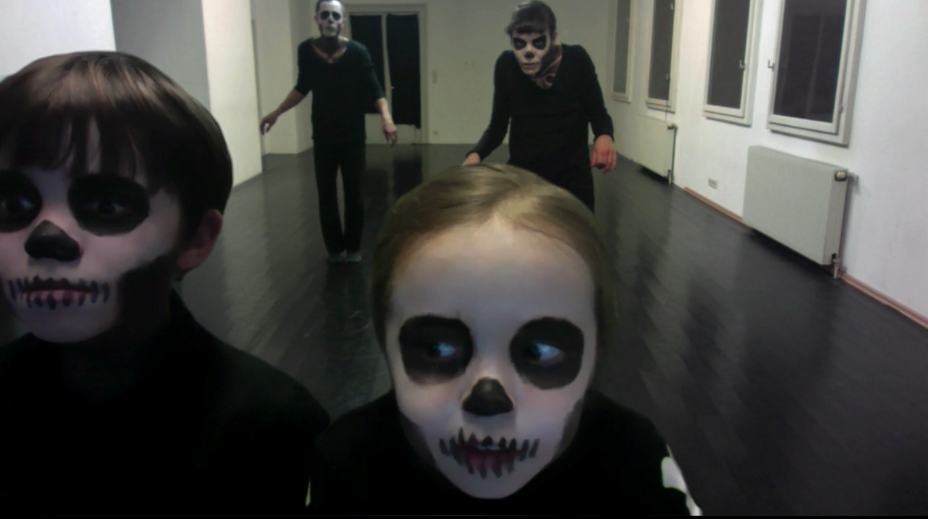Lecture
"'Ice melts faster when there’s water.' Hybrid Art in Times of Climate Change" – Guest lecture by Regine Rapp
Zoom ID: 610 6392 8417

To embrace our current ecological complexities, climate change, extinctions of species and ecosystem loss, a new generation of artists, hybrid artists, have found interesting complex answers and sought out territory for research and activism across disciplines. They combine performance, artistic practice, as it has developed over the last 60 years, with critical theory from philosophy, media studies and science and technology studies (STS). Perhaps more importantly they make use of new software and hardware technologies as well as biotechnology and other natural sciences (chemistry) as tools for creative production. The artists put in the centre of their artistic interest fungi, algae, corals, riverine water, microbiota and other nonhuman entities. In her presentation Regine Rapp wants to elaborate on several of these artistic positions to exemplify their socio-political and bio-political critique as well as the bio-philosophical discourses that deal directly with the multiple ecological crises we face today. Their process-oriented artistic research, and which is closely related to theories from posthumanism, such as intra-action (Barad) and hydrofeminism (Neimanis). The selected examples will also show how the classical laboratory and exhibition spaces are functionally, performatively and interactively questioned, expanded and infiltrated.
Regine Rapp is an art historian, curator and co-director of Art Laboratory Berlin. Her research focuses on art in the 20th and 21st century: Installation Art, Text and Image Theory, the Artist Book, and Art & Science Collaborations. As a research associate at Burg Giebichenstein Kunsthochschule Halle she taught art history. As co-founder of Art Laboratory Berlin (2006), she has curated and researched on more than 40 exhibition projects and various series (Time and Technology, Synaesthesia, [macro]biologies & [micro]biologies). In 2011 parallel to the exhibition Sol LeWitt. Artist's Books, she conceived the international Sol LeWitt Symposium at Art Laboratory Berlin. Along with Christian de Lutz she developed the international conference Synaesthesia Discussing a Phenomenon in the Arts, Humanities and (Neuro)Science (2013). The Nonhuman Subjectivities (2016/17) and Nonhuman Agents (2017/18) series of exhibitions, performances, workshops, and an international conference reflected on Art and Science in the post-anthropocentric era. Currently she has been conceiving and realizing the exhibition project and conference THE CAMILLE DIARIES: New Artistic Positions on M/otherhood, Life and Care. As a research associate at the Institute of Biotechnology of the TU Berlin, she connected Art & Science research in the project Mind the Fungi.
Publications (selection):
Rapp/ de Lutz (Hrs): [macro] biologies & [micro] biologies. Art and the Biological Sublime in the 21st Century (ALB, Berlin 2015); Rapp/ de Lutz: Trans, Post and Beyond. Some Reflections on Machines and the Biological (Fabrico Publishers, 2018); Regine Rapp: The concept »Nonhuman Subjectivities«. Current Artistic Practices in Posthumanism (Reimer Publishers, 2019); Regine Rapp: Hybrid Art. Kunst jenseits des Anthropozentrismus, in: Kunstchronik, 73/7, Juli 2020 (Themenheft KUNST NATUR POLITIK – JETZT!), Mind the Fungi, ed. By Vera Meyer and Regine Rapp, TU Berlin University Publishers, Berlin 2020

